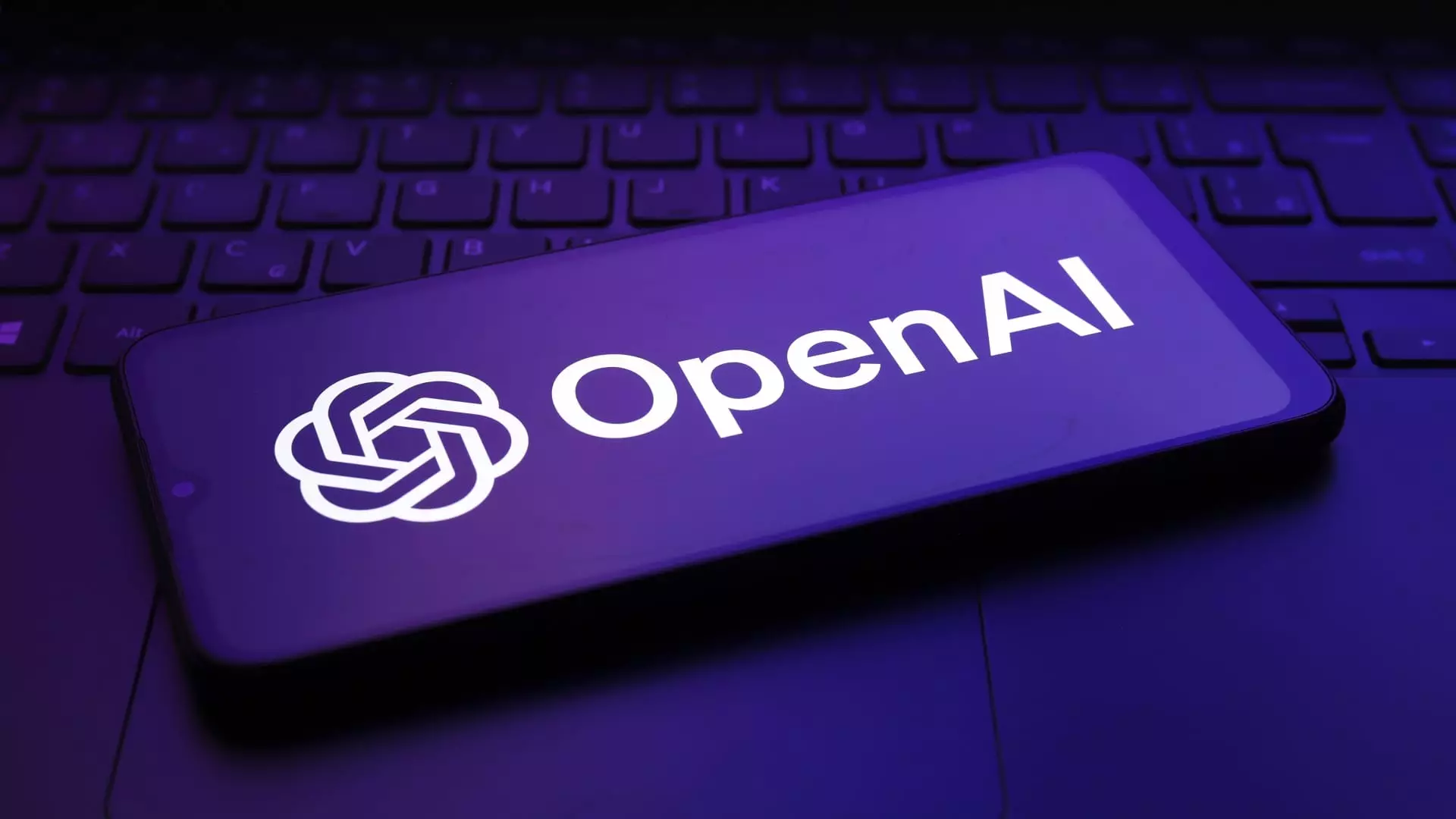The recent passing of Suchir Balaji, a 26-year-old former OpenAI researcher, has sent shockwaves through the tech industry and beyond. Discovered deceased in his San Francisco apartment, Balaji’s death is being treated as a suicide according to medical officials. This devastating news arrives on the heels of his departure from OpenAI earlier this year, where he had publicly voiced concerns about the ethical implications of developing artificial intelligence technologies such as the widely used ChatGPT. His assertions have raised critical questions about the intersection of innovation and intellectual property.
Balaji was particularly vocal about what he perceived as OpenAI’s violations of U.S. copyright law in the process of creating AI models. In discussions with journalists from the New York Times, he expressed profound concern that advancements in AI chatbots would undermine the economic viability of original creators by utilizing their digital content without appropriate compensation. Balaji’s arguments revolve around the potential consequences for artists, writers, and other content creators, sparking a larger conversation about the rights of individuals in the digital age.
On November 26, the San Francisco Police Department responded to a request for a welfare check at Balaji’s residence, where officers discovered his body. Initial investigations revealed no indications of foul play, yet the specifics of his passing bring to light the darker side of the tech industry’s relentless pursuit of innovation. Following the release of this tragic news, a family member asked for privacy, indicating the profound emotional turmoil surrounding this devastating loss.
OpenAI officially confirmed Balaji’s death with a statement expressing deep sadness and empathy towards his family. This incident has not only cast a pall over the organization but has also reignited scrutiny of the ethical responsibilities that tech companies bear towards their employees as well as society at large. OpenAI itself finds itself embroiled in several legal disputes with copyright holders, as various publishers and content creators strive for recognition and remuneration for their work being used in AI training datasets.
Beyond personal tragedy, Balaji’s death serves as a poignant reminder of the ongoing ethical dilemmas facing the tech industry. The discussions initiated by Balaji’s views continue to resonate within the debate on how to balance intellectual property rights with technological advancement. As leaders like OpenAI’s CEO Sam Altman maintain that AI training does not require proprietary content, the clash between commercial interests and creator rights becomes increasingly relevant.
Balaji’s untimely passing invites a deeper exploration of the pressures that accompany a career in tech and the urgent need for ethical frameworks that protect both innovation and the rights of individual creators. Such discussions are essential as society navigates the complexities of artificial intelligence and its far-reaching implications.


Leave a Reply